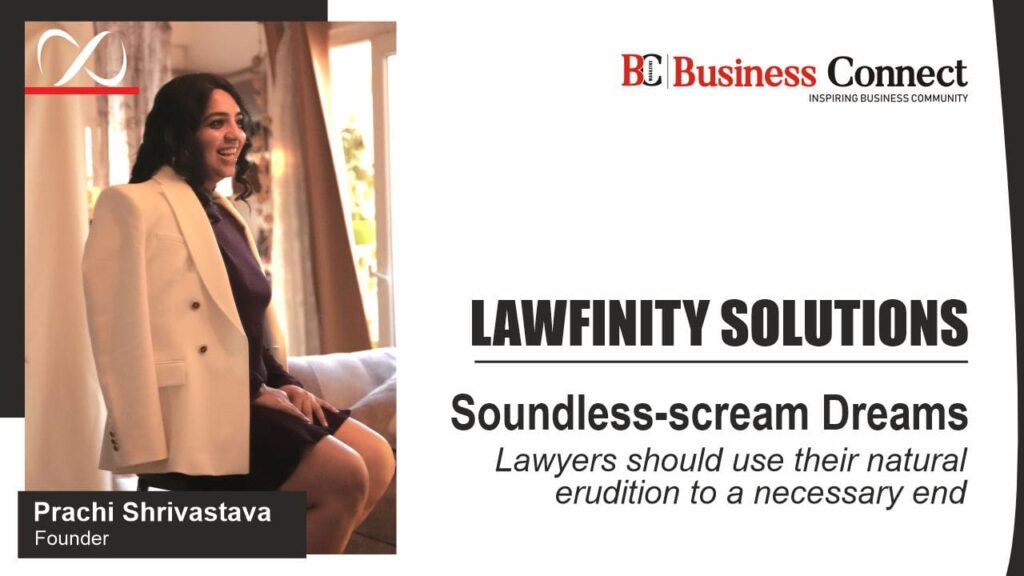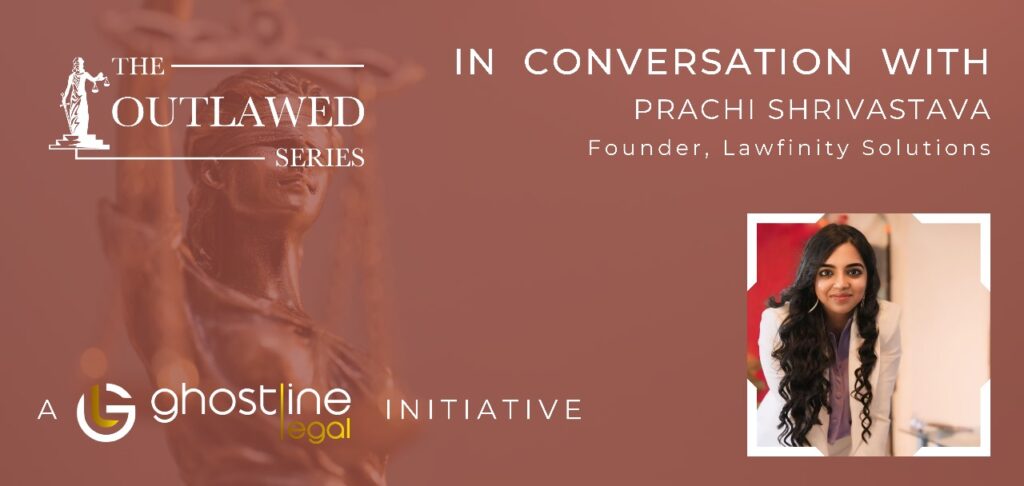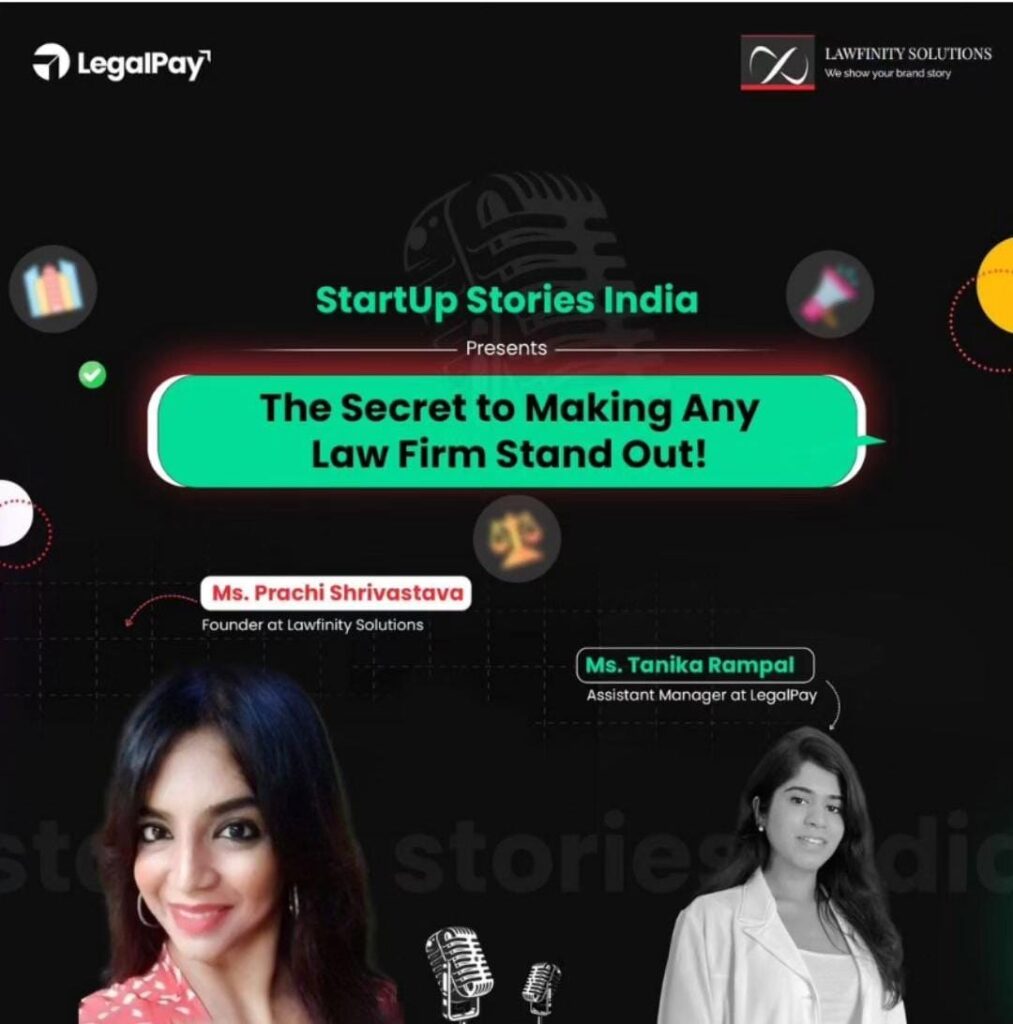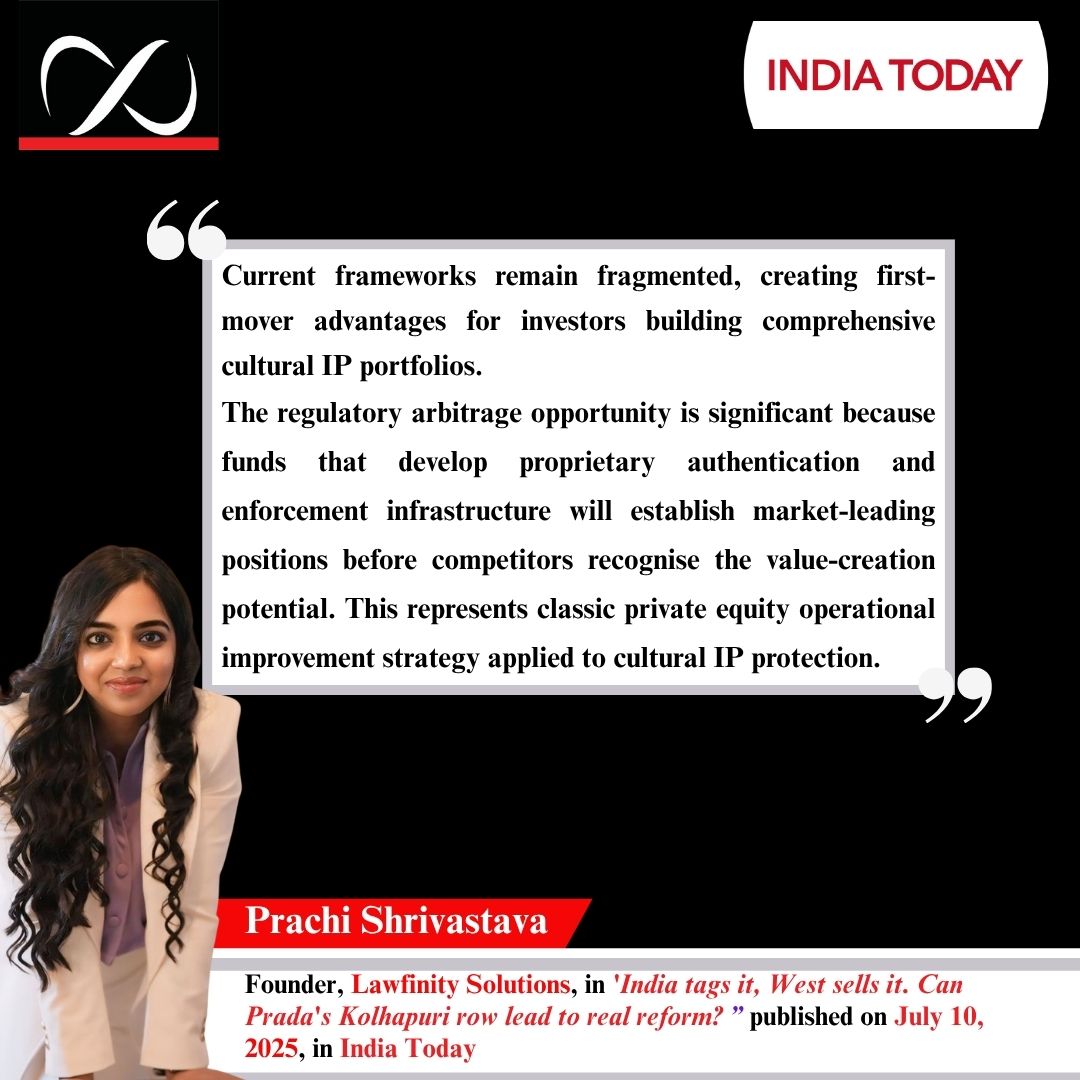
The world of entertainment thrives on creativity, but behind the scenes, contracts are the lifeblood that keeps everything running smoothly. For exciting young entertainment startups, however, traditional contract law can be a hidden pitfall.
These contracts, often drafted with a one-size-fits-all approach, struggle to keep pace with the dynamic and fast-evolving nature of the entertainment industry. Imagine a music startup collaborating with a viral social media influencer – their agreement might not adequately address issues like ownership of content created through this partnership.
This lack of clarity can lead to a domino effect of problems. Disputes might erupt over who owns intellectual property like songs or scripts. Startups could face unexpected financial burdens due to unclear payment structures or termination clauses. Worst of all, the dream of bringing innovative entertainment to life could be stalled by lengthy and expensive legal battles.
Case: The Ambiguous Streaming Rights
A young music streaming startup based in Pune, ‘The Company,’ signed a content licensing agreement with a music production company, ‘M/s. Singhal & Co’ The *contract vaguely defined “streaming rights,” failing to specify whether it included exclusive or non-exclusive rights. The Company, assuming exclusivity, invested heavily in marketing specific songs. However, M/s. Singhal & Co later partnered with a competitor, significantly impacting The Company’ user base.
Legal Confusion and Impact: The ambiguity in the contract led to a costly legal battle. The Company argued for exclusivity based on their interpretation, while M/s. Singhal & Co contended they retained the right to license music to others. The lack of clear definitions caused financial losses and reputational damage for The Company.
Lessons Learned: This case underscores the importance of meticulously defining key terms like “exclusivity” in contracts. Entertainment startups should seek legal counsel to ensure their rights and obligations are clearly outlined.
Challenge 1. Misunderstanding the “Work-Made for Hire” Belief: Startups might mistakenly assume all creative work belongs to them, leading to disputes with independent contractors who expect to retain ownership.
Solution: The “work-made for hire” doctrine is a cornerstone of employment law, but it can be a major pitfall for startups in the entertainment industry. The misconception that all creative work belongs to the company can lead to costly disputes with independent contractors who rightfully expect to retain ownership of their creations.
- Understanding the Distinction:
- Employee vs. Independent Contractor: The key lies in the employer-employee relationship. Employees are subject to company control and supervision, while independent contractors have more autonomy in how they complete the work.
- Default Ownership: Only works created by employees within the scope of their employment automatically qualify as “work-made for hire.” Independent contractors retain ownership by default.
- Crafting Clear Contracts:
- Specify Ownership Rights: Explicitly state in the contract whether the work will be considered “work-made for hire” or if the contractor will retain ownership with a license granted to the company for specific uses.
- Use Clear and Concise Language: Avoid legal jargon and ensure all parties understand the ownership clauses.
- Tailoring Agreements to Projects:
- Different Needs, Different Contracts: The ownership structure may vary depending on the project. For ongoing projects, a work-made for hire clause might be appropriate. For one-off engagements, a commissioned work approach with the contractor retaining ownership and granting a license may be preferable.
- Open Communication and Negotiation:
- Discuss Expectations Early: Before starting work, have open discussions with the contractor about ownership rights and desired outcomes.
- Negotiate a Win-Win: Negotiate a fair agreement that respects the contractor’s creative rights while securing the necessary rights for the company to exploit the work commercially.
- Seeking Legal Expertise:
- Entertainment Law Specialist: Consulting with an entertainment lawyer can ensure your contracts accurately reflect your needs and comply with relevant legal principles.
- Customized Solutions: A lawyer can help draft clear and customized agreements that address the specific ownership considerations of each project and collaborator.
Challenge 2. Ambiguous Ownership Clauses: Unclear contracts regarding who owns the intellectual property (IP) rights for created works (characters, storylines, etc.) can cause confusion and ownership battles down the line.
Solution: The entertainment industry thrives on creativity, but that creativity can be threatened by ambiguity in contracts. Unclear ownership clauses regarding intellectual property (IP) rights can lead to confusion and costly legal battles down the road. For startups, establishing clear ownership from the outset is paramount.
Specificity is Key:
- Define Covered Works: Clearly identify all creative elements encompassed by the contract. This includes scripts, storyboards, character designs, musical compositions, and even unique sound effects.
- Ownership Allocation: Explicitly state who owns the IP rights to each element. Will the company own everything outright, or will the creator retain ownership with a specific license granted to the company?
- Contribution Breakdown: For collaborative works, consider outlining the specific contributions of each party. This can be helpful in determining ownership percentages or profit-sharing arrangements.
- Utilizing Different Ownership Models:
There’s no one-size-fits-all approach. Choose the ownership model that best suits your project and the creator’s needs:
- Work-Made for Hire: For employees, standard employment contracts typically establish a “work-made for hire” clause, meaning all creations belong to the company.
- Assigned Ownership: For independent contractors, consider an “assigned ownership” clause. Here, the contractor retains ownership but assigns the rights to the company for a specific purpose (e.g., film production).
- Joint Ownership: In some cases, joint ownership with the creator might be appropriate, particularly for profit-sharing or revenue-based models.
- Leveraging Legal Expertise:
While clarity is crucial, navigating the nuances of IP ownership can be complex. Partnering with an entertainment lawyer is vital for:
- Drafting Watertight Clauses: A lawyer can ensure your ownership clauses are legally sound and enforceable in your jurisdiction.
- Considering Future Needs: They can help draft clauses that anticipate potential future uses of the IP and address any potential gray areas.
Conclusion:
By embracing clarity, seeking legal expertise, and prioritizing open communication, entertainment startups can navigate the maze of contract law with confidence. This proactive approach leads to several key benefits:
- Reduced Risk of Disputes: Clear contracts minimize the potential for misunderstandings and ownership battles, saving time, resources, and fostering a more productive working environment.
- Protection of IP Assets: Well-defined ownership clauses safeguard a startup’s valuable intellectual property, ensuring they have control over their creative works and can exploit them to their full potential.
- Stronger Collaborations: Transparency and open communication build trust and foster stronger relationships with creators. This, in turn, leads to a more collaborative and productive creative environment.
- Focus on Creativity: By eliminating the worry of legal ambiguities, startups can focus their energy on what matters most: bringing their innovative ideas to life and captivating audiences.
The world of entertainment thrives on the boundless potential of human creativity. However, without a strong legal foundation, even the most brilliant ideas can be lost in the labyrinth of contract law. By prioritizing clarity, legal expertise, and open communication, entertainment startups can forge a clear path through the maze, safeguard their creative vision, and build a successful and sustainable venture in the ever-evolving entertainment industry. Remember, consulting with a qualified entertainment lawyer is essential for crafting legally sound contracts and navigating the complexities of intellectual property law specific to your startup’s needs. With a well-defined legal framework in place, entertainment startups can chart a course for long-term success and turn their creative dreams into a thriving reality.
In conclusion, confusing contract law poses a significant challenge for entertainment startups, threatening to impede their progress and stifle innovation. However, by prioritizing clarity, seeking expert guidance, fostering communication, and leveraging technology, startups can navigate the maze of contract law with confidence. With careful attention to detail and proactive risk management strategies, entertainment startups can safeguard their projects and pave the way for success in an ever-evolving industry.











